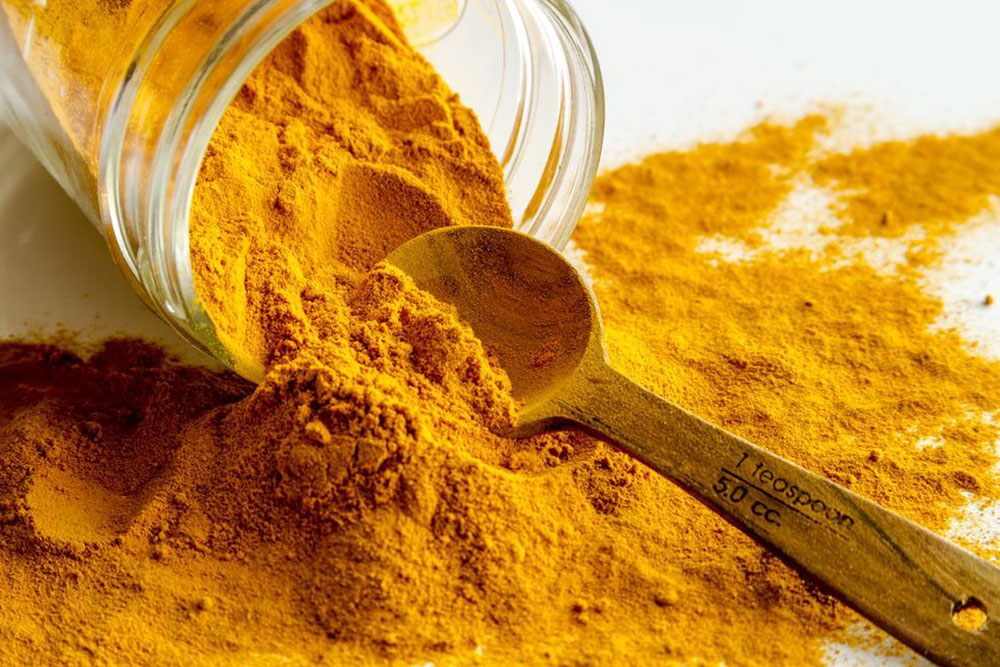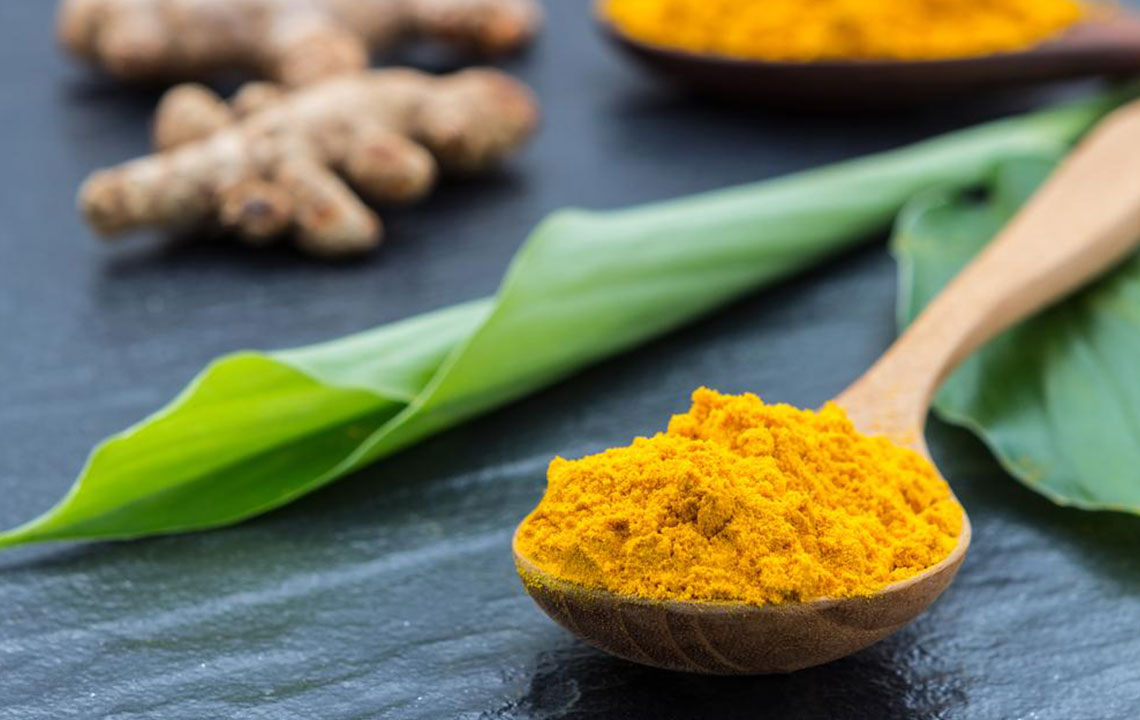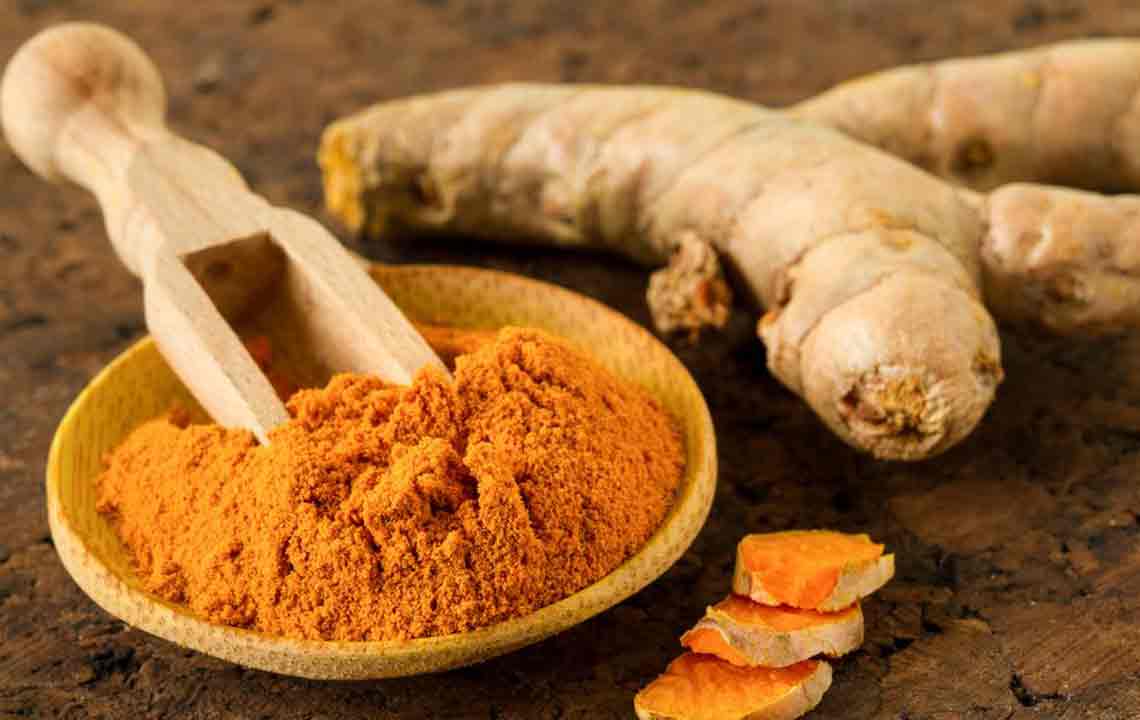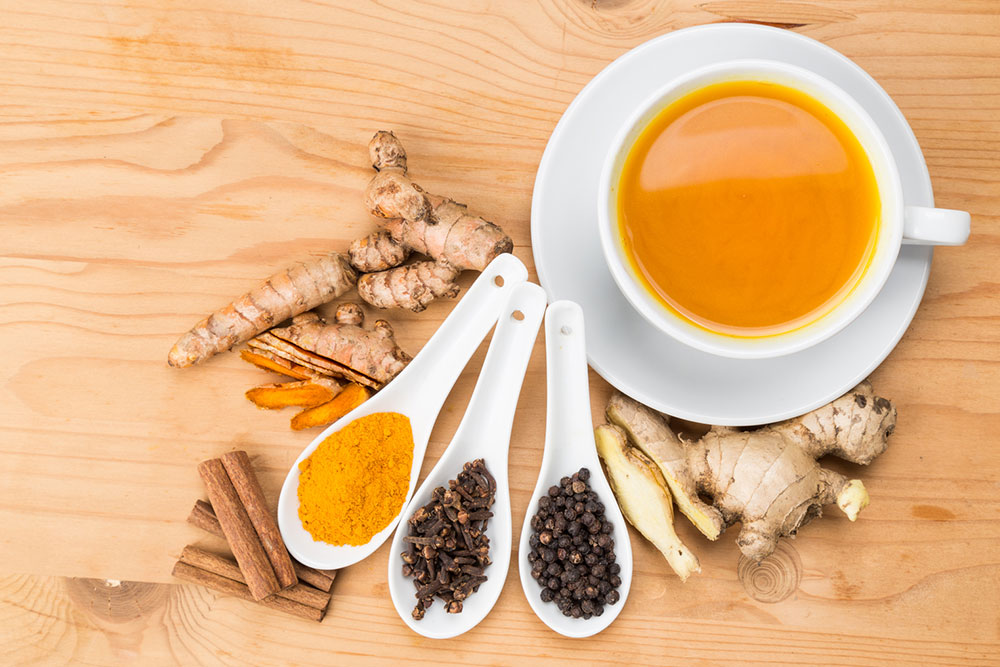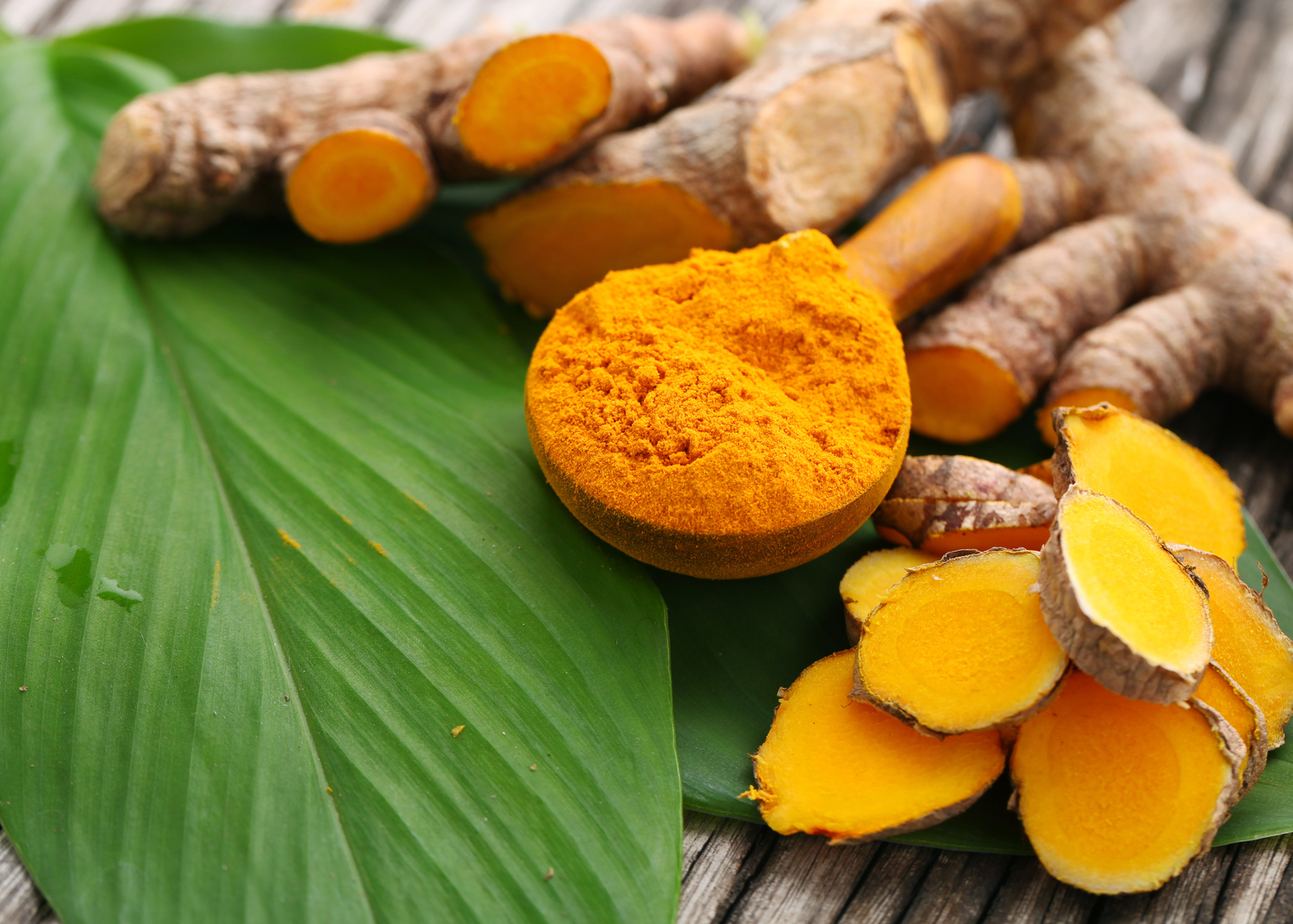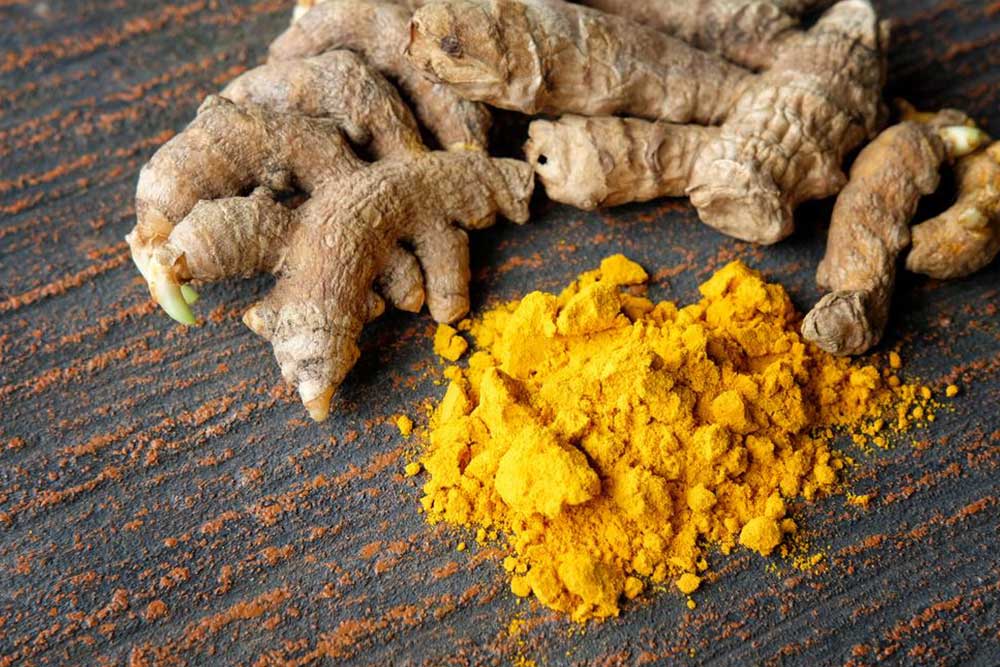Benefits and Risks of Turmeric Curcumin
Explore the health benefits, uses, and safety considerations of turmeric curcumin. Learn how this ancient spice can help reduce inflammation, manage chronic conditions, and be incorporated into everyday meals. Caution is advised for certain health conditions and pregnant women to ensure safe consumption. Unlock the natural healing potential of turmeric today.
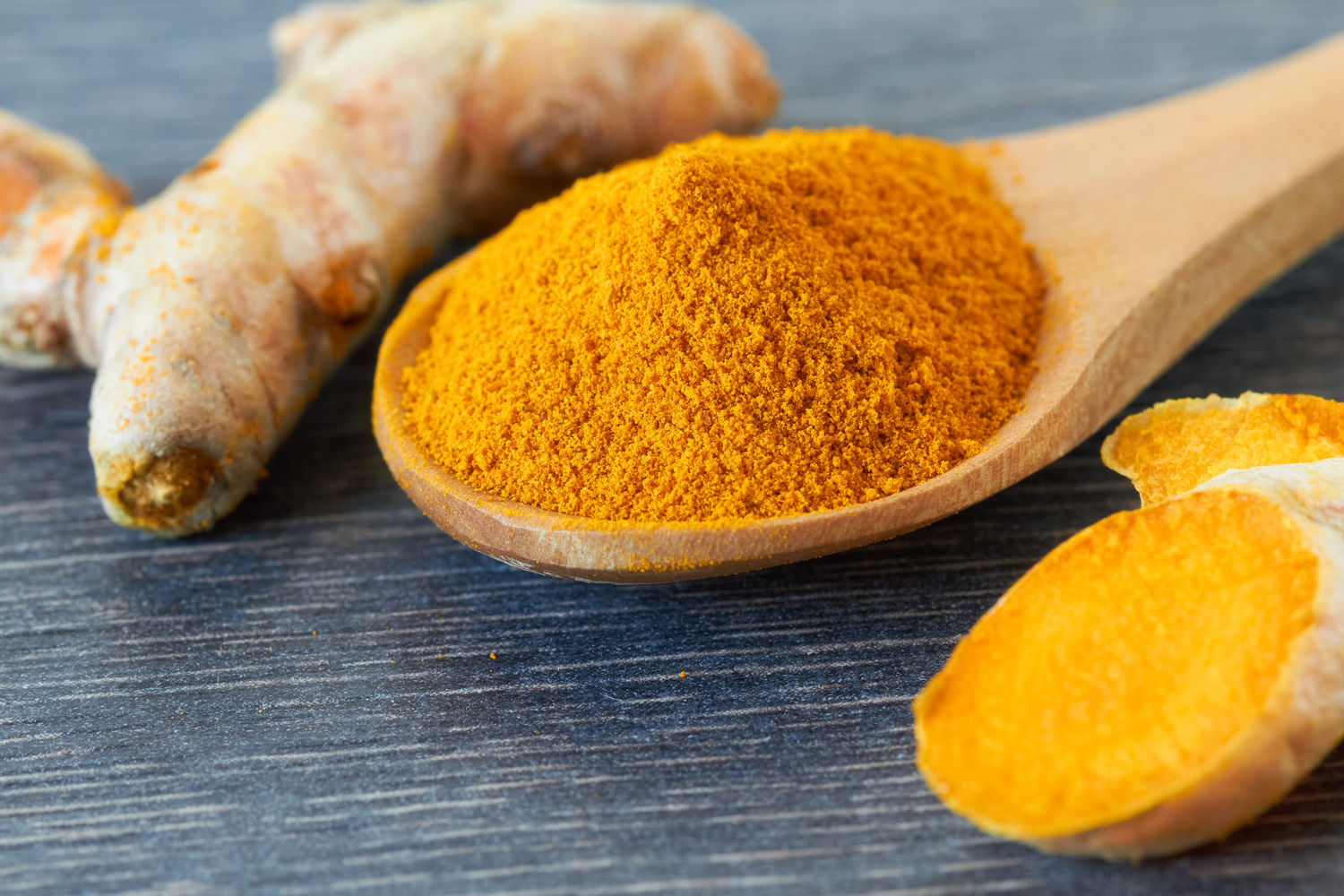
Benefits and Risks of Turmeric Curcumin
Turmeric Curcumin: Uses and Potential Side Effects
Derived from the turmeric plant, this vibrant spice is a staple in many cuisines, notably Indian and South Asian dishes. While turmeric’s warm, bitter flavor is often combined with curry powders or mustard, its roots carry significant medicinal properties. The compound curcumin, responsible for turmeric’s yellow hue, is widely used in food coloring and cosmetic products. Its health benefits are extensive, making it a valuable herbal remedy.
What ailments can turmeric curcumin help alleviate or treat?
The anti-inflammatory properties of curcumin can reduce swelling, easing conditions involving inflammation.
Turmeric is used to manage arthritis, digestive issues like indigestion, bloating, liver conditions, infections, jaundice, high cholesterol, skin disorders such as lichen planus, fatigue, and more.
It can also address headaches, respiratory infections including bronchitis, hay fever, skin irritations, leprosy, depression, neurodegenerative diseases like Alzheimer’s, water retention, tuberculosis, diabetes, kidney ailments, and urinary tract inflammation.
In cases like inflammatory bowel disease (IBS), turmeric may offer relief.
Topically, turmeric paste can treat ringworm, sprains, insect bites, eye infections, gum disease, and mouth infections.
Medicinal applications of turmeric curcumin
Curcumin helps diminish hay fever symptoms such as sneezing, itching, and nasal congestion.
It may support mental health by boosting antidepressant effects when used alongside conventional treatments for depression.
Research suggests turmeric extracts can help reduce knee osteoarthritis pain when combined with certain medications.
For chronic kidney disease-related itching, consuming turmeric three times daily for eight weeks has shown promising results.
Turmeric may lower cholesterol by decreasing triglyceride levels.
It might aid skin recovery from radiation therapy side effects.
Curcumin can help regulate blood sugar levels in diabetics, but caution is advised to prevent hypoglycemia.
Possible side effects of turmeric curcumin
External application of turmeric is generally safe for up to eight months.
Its use as short-term enema or mouthwash is considered safe.
Pregnant and breastfeeding women can include turmeric in their diet but should avoid medicinal doses due to potential risks like early menstruation or uterine stimulation.
Individuals with gallbladder issues should steer clear of turmeric, as it can worsen symptoms.
Since turmeric may slow blood clotting, people with bleeding disorders should exercise caution.
Those with hormone-sensitive cancers or conditions, such as breast or uterine cancer, should avoid high doses of turmeric due to its estrogen-like effects.
Ways to incorporate turmeric into daily meals
Add turmeric to scrambled eggs, tofu, or frittatas for color and flavor.
Mix it into roasted vegetables like potatoes, carrots, or cauliflower.
Use a pinch of turmeric in rice dishes or pilafs for added health benefits and vivid hue.
Sprinkle turmeric on sautéed greens including kale and collards.
Enhance soups—chicken or vegetable—with a dash of turmeric.
Fresh turmeric root can be blended into smoothies or juices for a health boost.
Prepare a comforting Golden Milk by simmering turmeric with coconut milk and honey.

